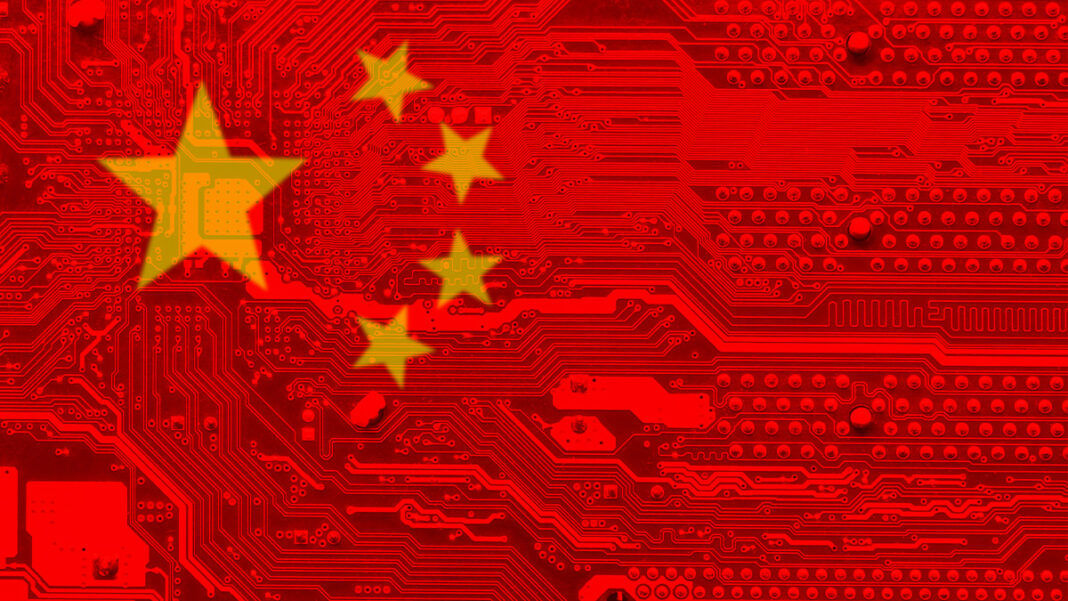The rapid advancement of artificial intelligence (AI) technology is reshaping the world’s military landscape, and China’s communist regime is leading the race with its significant investments. While the United States maintains a higher overall spending on AI, it fails to match China’s relentless focus on AI’s battlefield applications. As Chinese military spending on AI as a percentage of its total budget surpasses the US, it is crucial to evaluate the potential consequences of this growing gap. This article critically examines China’s advancements in military AI, the risks it poses to global stability, and the urgent need for the United States to respond effectively.
According to Alexandr Wang, Founder and CEO of Scale AI, China’s military investment in AI as a percentage of its overall budget is ten times higher than that of the United States. While the US defense budget dwarfs China’s, the gap in AI investment reveals the CCP’s acute awareness of AI’s potential to disrupt warfare. China’s commitment to military AI, valued between $2.2 and $4.4 billion, compared to the US investment of about $874 million, signifies its determination to gain a technological advantage in future conflicts.
Wang asserts that the world is entering a new era of warfare defined by AI, which will have profound implications akin to the impact of the atomic bomb during the Cold War. The development of military AI capabilities will play a decisive role in shaping global influence and technological leadership.
The country thatsuccessfully integrates AI into warfighting at a rapid pace will secure a significant advantage. Failing to lead in AI could result in the United States ceding global influence, technological leadership, and even democracy to strategic adversaries like China.
Haniyeh Mahmoudian, global AI ethicist for Data Robot, emphasizes that AI’s transformative potential in military strategies necessitates the establishment of ethical frameworks and comprehensive governance processes. While AI offers operational efficiency and improved decision-making, it must be guided by principles that ensure reliability, effectiveness, and human oversight. The United States must invest not only in advancing AI but also in creating regulatory structures that address the ethical implications and potential risks associated with its military applications. This is especially the case with facial recognition, which is
being used to target Uyghur muslims.
Although China’s military AI investments are substantial, the United States holds a financial edge due to its significant spending on contracting AI work to the private sector. The US federal government’s investments in AI programs through a $3 billion scheme provide it with a broader financial base. Additionally, the quality and quantity of actionable data generated by the Pentagon on a daily basis provide the US military with a distinct advantage. China’s repressive policies hinder its access to reliable and accurate data, limiting its ability to leverage AI effectively. This way, China has bitten its own tail.
China’s pursuit of AI-driven weapons and military platforms is extensive and extends beyond the development of autonomous killing machines. The CCP aims for a comprehensive transformation of warfare through the integration of AI, automation, and big data, known as “intelligentization.” Chinese companies, such as 4Paradigm, have been contracted by the military to develop AI decision-making models and human-machine teaming software. These initiatives aim to centralize
control and direct swarms of AI-enabled autonomous systems, fundamentally altering the structure of the Chinese military.
The United States also envisions a future where robots play a dominant role in warfare. General Mark Milley, Chairman of the Joint Chiefs of Staff, believes that the world’s most powerful armies will be predominantly robotic within a decade. The Pentagon is actively exploring unmanned aerial, ground, and undersea vehicles and leveraging nonmilitary smart technologies. However, the US must accelerate its efforts to field substantial robotic ground forces and AI capabilities by 2030 to maintain technological superiority and strategic influence.
China’s exponential investment in military AI poses significant challenges to global stability and the United States’ position as a technological leader. The gap in funding and China’s unwavering focus on AI-driven warfare demand urgent attention from the United States.
To counter this threat, the US must not only increase its financial investments but also prioritize the development of ethical frameworks, comprehensive governance processes, and data superiority. Failure to do so risks ceding technological leadership, global influence, and the future of democracy to strategic adversaries like China. The race for military AI dominance will undoubtedly shape the course of global development, necessitating a swift and determined response from the United States.

